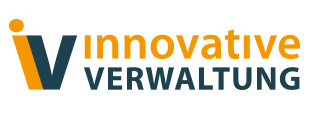
Administrative Digitization is a People Business
Christian Müller, Head of Transformation at DigitalService, on misconceptions about user-centered design, digital skills, challenges in service standards, and why his organization looks beyond the federal level.
Read full article (in German)
Christina Rieke Lang in an interview for the Handesblatt GovTech Summit
In an interview, Christian Rieke Lang explains why overcoming fragmented structures and consistent end-to-end digitalization are crucial for the government's ability to act. She also addresses the need to radically simplify administrative processes through standardization and interdisciplinary cooperation.
Read full article (in German)
Sooner or later: For a digital Germany – a column by Christina Rieke Lang
When people talk about an efficient government today, the big buzzwords quickly come up: online services, cloud infrastructures, artificial intelligence. But as brilliant as technical solutions may be, their effectiveness depends crucially on the quality of the legal basis.
Read full article (in German)
Why task reorganization and digital platforms must be considered together
The planned “Work and Stay” agency is intended to enable Germany to quickly accept foreign skilled workers and make it easier for them to live and work in Germany. For the agency to be a success, bold reforms are needed, as a recent position paper by PD and Digital Service points out. Christina Rieke Lang from DigitalService and Philip von Haehling from PD are convinced that simply adding another online portal will not bring about the hoped-for modernization.
Read full article (in German)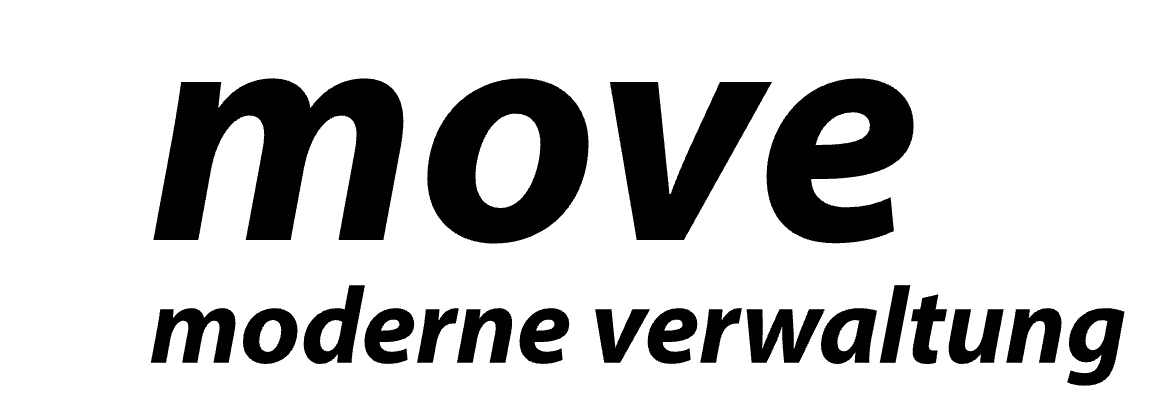
News about the digital umbrella brand
The digital umbrella brand is gaining reach: since the pilot phase at the end of 2024, the number of integrated online services has risen from 17 to around 150. DigitalService is now reporting on experiences from the pilot phase and on adjustments to the awarding, implementation, and operation of contracts.
Read full article (in German)
Fellowship for a future-proof state
Digitalization does not just mean introducing new technologies – it also changes the way we work together. With its Work4Germany fellowship program, DigitalService aims to embed new ways of working in the federal administration. The application period for the next round is now open.
Read full article (in German)
Sooner or later: For a digital Germany – a column by Christina Lang
How do we actually work together? Who does what? Where do we need local authorities, where do we need state governments, and where do we need the federal government? These are precisely the questions that will determine whether we can finally get the state digitally fit. That's why today we're looking at an approach that can trigger both enthusiasm and unease: bundling.
Read full article (in German)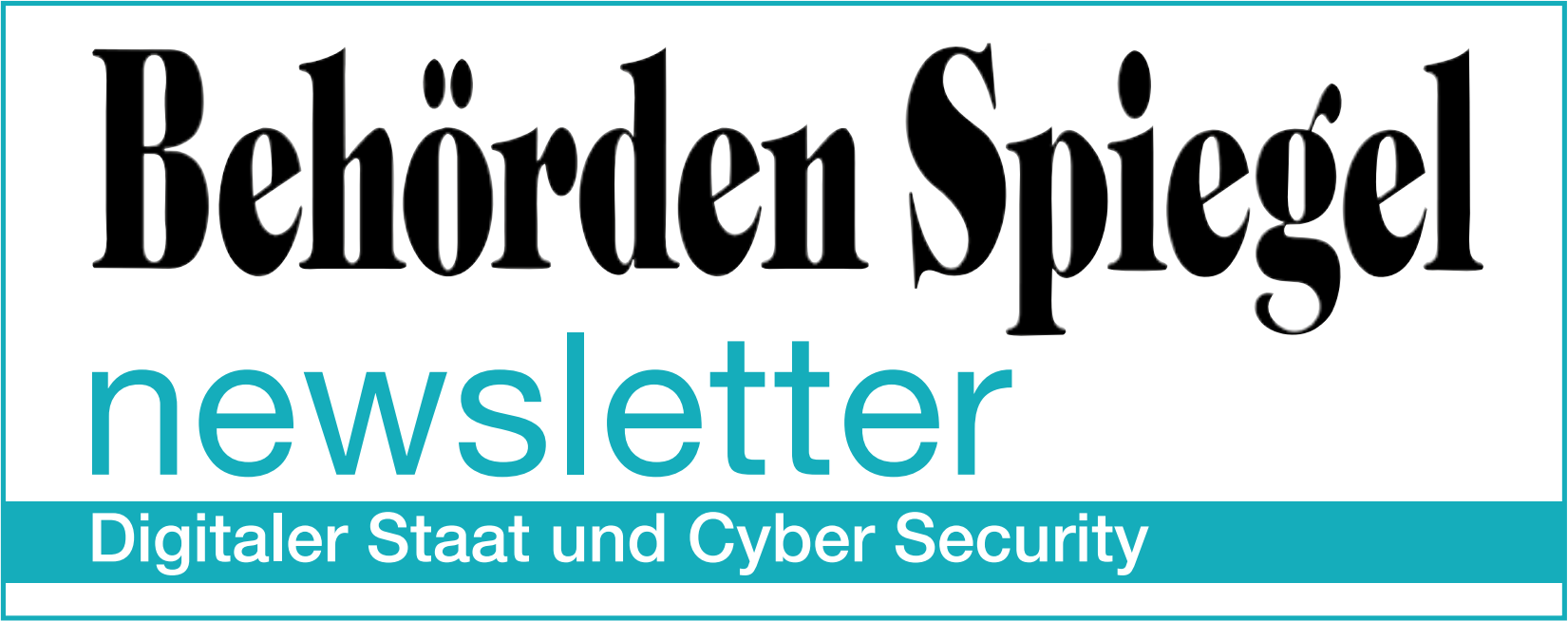
Quality requirements for online services
The new Standard Regulation on Online Access (OZSV) establishes a binding framework for the quality of digital administrative services, thereby providing clear guidance for public authorities in the user-centered implementation of the Online Access Act. The regulation obliges the federal and state governments to comply with generally accepted technical standards for newly developed or fundamentally revised services, which are presumed to be met through the application of DIN SPEC 66336.
Read full article (in German)
DigitalService Bund: Five years of building bridges
“The administrative framework often stands in the way of modern software development,” says Christina Lang, CEO of DigitalService, in an interview with Süddeutsche Zeitung Dossier. In the interview, which was published to mark five years of DigitalService, she also discusses the challenging moments of recent years and describes why structural changes are needed for effective administrative digitalization.
Read full article (in German)
The Servicestandard – A recipe for success in digital administration
In this interview, Christina Lang, founder and CEO of DigitalService, talks about five years of digital administration modernization. She shows how her team develops user-friendly solutions with start-up spirit, open-source principles, and collaborative partnerships, and explains why the Servicestandard for federal, state, and local governments is the recipe for successful digitalization.
Read full article (in German)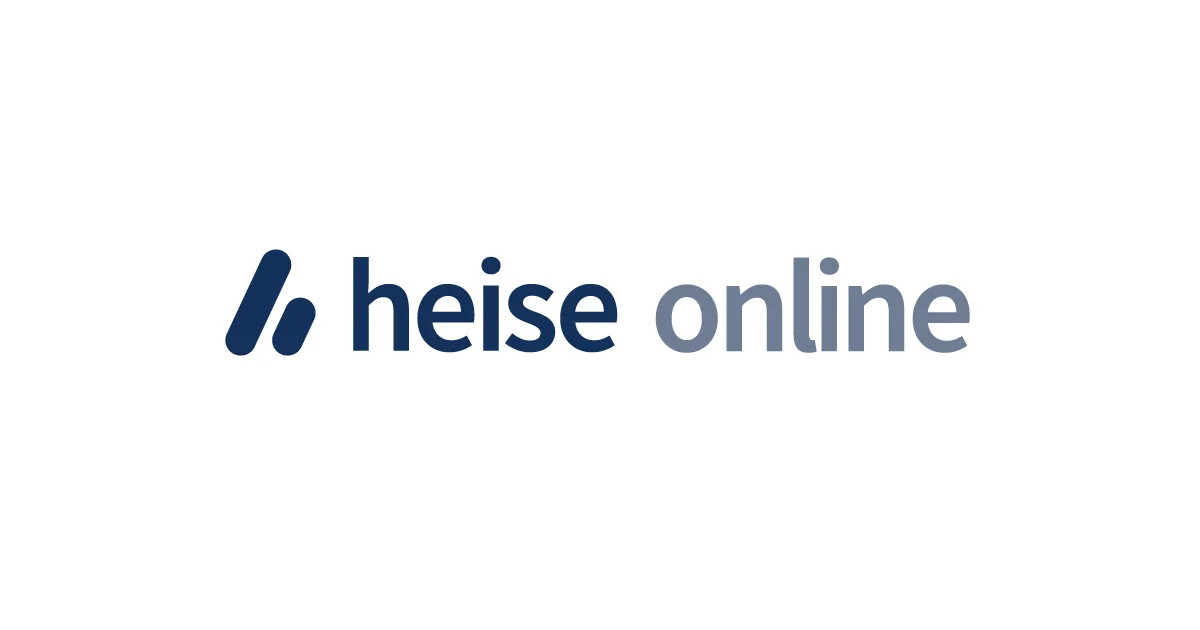
Confident administration: Award ceremony for open government software
The Open Source Business Alliance honored the most promising open source projects in the public sector at the Smart Country Convention (SCCON). In the “Specialized Procedures” category, the winner was the “Access to Justice” project, which we are promoting together with the Federal Ministry of Justice and Consumer Protection.
Read full article (in German)
Implementation aids for the Servicestandard
The Servicestandard – a package of 13 implementation-relevant criteria – is designed to help meet the requirements of DIN SPEC 66336. A new, constantly growing website facilitates access to this complex topic.
Read full article (in German)
Sooner or later: For a digital Germany – a column by Christina Lang
We are celebrating our birthday: five years of DigitalService! I still remember the early days well: it all started with our Tech4Germany and Work4Germany fellowship programs. In 2020, we took a decisive step forward when the federal government took us on board, and in October of that year, we began setting up an internal product development unit. Since then, our goal has been clear: to create a digital, modern administration that makes life easier for citizens and businesses.
Read full article (in German)
Insights into Administration
[…] Bureaucracy is one of the biggest challenges in Germany. Responsibilities are complex, processes take far too long, and decisions often go in circles. Federal Minister for Digitalization Karsten Wildberger (CDU) is responsible for modernizing the state. He sees the cause of these paralyzing processes not only in laws and structures, but above all in the culture of administration: too much fear of making mistakes, too little courage to make decisions. A “change in mentality” is needed, he said recently at an event on reducing bureaucracy. This is precisely where the Work4Germany program of the Federal DigitalService comes in.
Read full article (in German)
DigitalService Fellowship Program – Work4Germany: Impact and Change
Between the first fellowship year in 2020 and today, more than a hundred projects have been completed, and the administration itself has also changed – agile working is no longer uncharted territory. For Work4Germany, it is therefore time to evolve.
Read full article (in German)
Digital justice – When the “robo judge” passes sentence
This episode of Deutschlandfunk Hintergrund focuses on the modernization of the German justice system. There is a shortage of skilled personnel and an increasing amount of paperwork. Perhaps in the future, digital tools, artificial intelligence, and even automated judges will help. One initiative that is already proving helpful is the “Access to Justice” project, developed by the Federal Ministry of Justice and Consumer Protection and DigitalService.
Read full article (in German)
Launch of the “Guide to Account Garnishment”
Online services designed to be user-friendly from the ground up not only help citizens, but also reduce the burden on public services. As part of the “Digital Legal Petition Office” project, a new service for people in debt has now gone online.
Read full article (in German)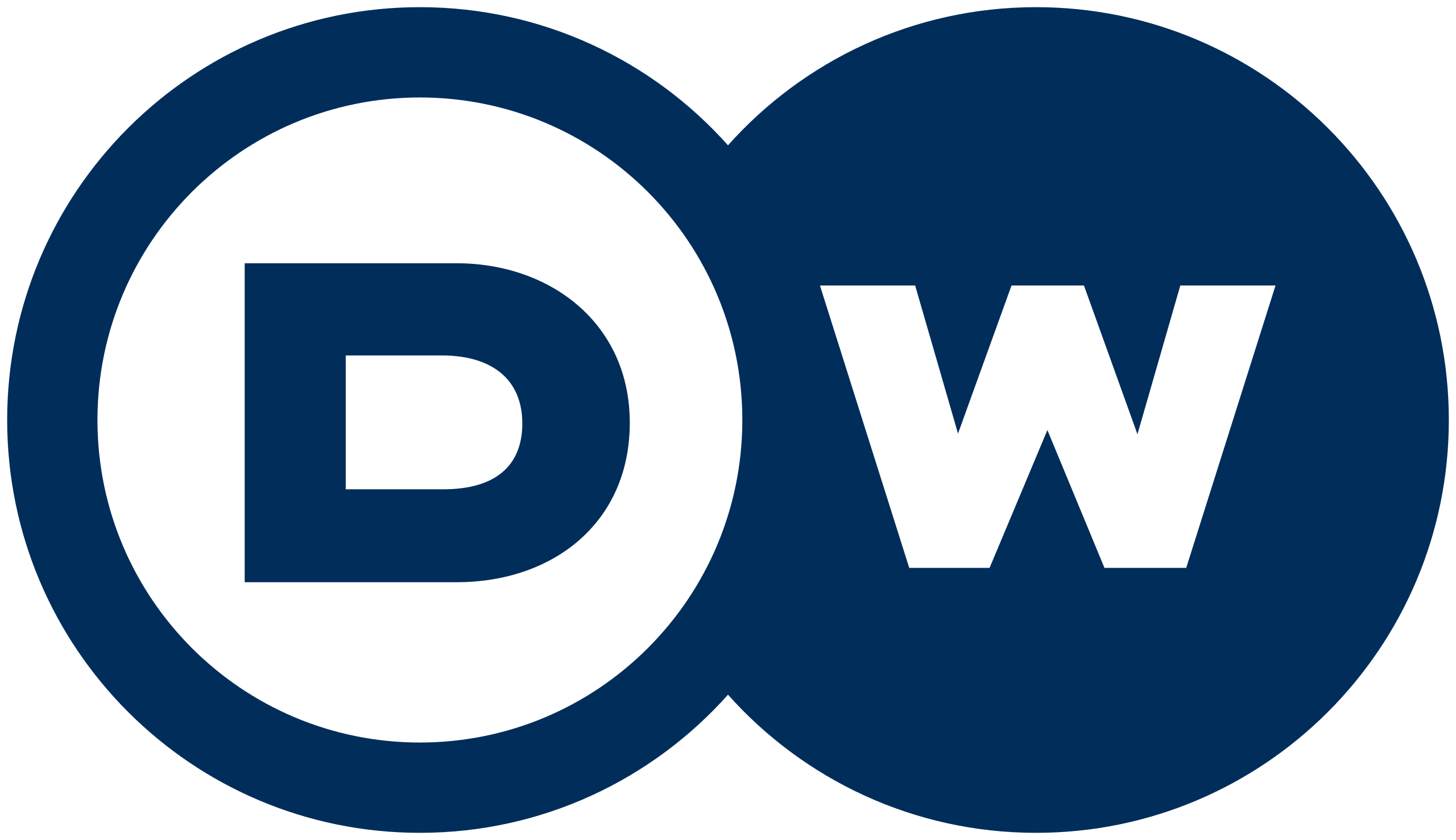
Estonia is the European champion of digitalization
Germany remains an analog country in a digital world. To catch up, it could take a cue from Estonia. The Baltic state is leading the way in Europe’s digital transformation. […] After the federal elections in February 2025, the new German government under Chancellor Friedrich Merz established a Ministry of Digital Affairs. […] Representatives of the digital economy, such as Magdalena Zadara, have welcomed the move. Zadara is Chief of Staff & Strategy at DigitalService des Bundes, a government agency dedicated to the digitalization of administrative processes. She is “optimistic” that the new ministry will be able to shorten the seemingly endless paths through German bureaucracy.
Read full article (in German)
Digitalization paves the way for consumers to access local courts
It should be easier for consumers who have been wronged to obtain justice. To this end, the legal process is set to become simpler – at least at some local courts – thanks to digitalization. […] “A milestone has been reached on the path toward online civil court proceedings,” reports the federal government's DigitalService GmbH. An online service has now been launched that allows consumers to file claims related to flight issues with the first participating courts using a digital submission system.
Read full article (in German)
Servicestandard: Much achieved in June
The Servicestandard helps administrative staff and IT service providers to develop user-friendly digital services efficiently. A new website helps with practical implementation. The involvement of experts is essential in the development of the Servicestandard.
Read full article (in German)
Sooner or later: For a digital Germany – a column by Christina Lang
In recent years, the federal government has invested billions in the digitalization of the administration – but has this spending been effective? [...] In fact, digital projects in the administration are still often planned according to technical requirements, budgets and responsibilities. But the real yardstick for digitalization should be a different one: Does it work for people? [...] It is precisely this measurable added value that we at DigitalService call digital return. It is created when digital processes are designed in a smart, user-centred and sustainable way.
Read full article (in German)
Podcast: “How user-centered design can transform the state” with Sonja Wilczek and Anja Alburg
In this podcast episode of the GERMAN UPA e. V., Anja Alburg and Sonja Wilczek, user researchers at the DigitalService of the Federal Government, provide insights into specific projects (including petition for assistance, parental allowance and taxes) and show how systematic user research, inclusive design and clear standards can lead to real improvements.
Read full article (in German)
Sooner or later: For a digital Germany – a column by Christina Lang
There is hardly anything that we in political Europe currently agree on more than this: We need to become more sovereign. In other words, somehow more independent from the military protection of the USA, no longer dependent on oil from Russia or technology from China. [...] My passion is the digital space. But even in this area, we are not even close to being sovereign as an EU, let alone as a federal republic. [...] So here are some suggestions that will not only make us more sovereign as a state and administration in the short term, but also more self-confident in the long term.
Read full article (in German)
Compatible with Europe – administrative services should fit together better
The interoperability assessment has been mandatory since January 2025. In Germany, the EU requirement will be integrated into the existing Digitalcheck. In an interview with Anna Ströbele, Tabea Grünewald, consultant at the Federal Ministry of the Interior and Community (BMI), and Benedikt Liebig, product manager at DigitalService, explain how the two tools fit together and what opportunities they offer for the development of regulations.
Read full article (in German)
Interview with Stephanie Kaiser
Stephanie Kaiser is an entrepreneur, digital expert and Chief Product Officer (CPO) at DigitalService. In this episode, hosts Maite Ullah and Sara Eisermann talk to her about her career, building tech teams, the challenges of digitalization in administration and why digital skills are essential in politics.
Read full article (in German)
Resoundingly digital
Anyone who has to deal with public authorities sometimes needs nerves of steel: forms, carbon copies, applications... and much of it has to be submitted in person and on paper. That's the conventional wisdom. So what about the digitalization of public administration? It is indeed making progress – also thanks to the federal government's DigitalService from Berlin. Reason enough to take a closer look.
Read full article (in German)
Why administration is a “people business”
In order for Germany to become more digital, it depends above all on the people who will shape the change in the future. Because administration is and will remain a “people business”, says Christina Lang, Head of DigitalService. What makes a good structure for skilled workers and why it is worth taking a look at the UK.
Read full article (in German)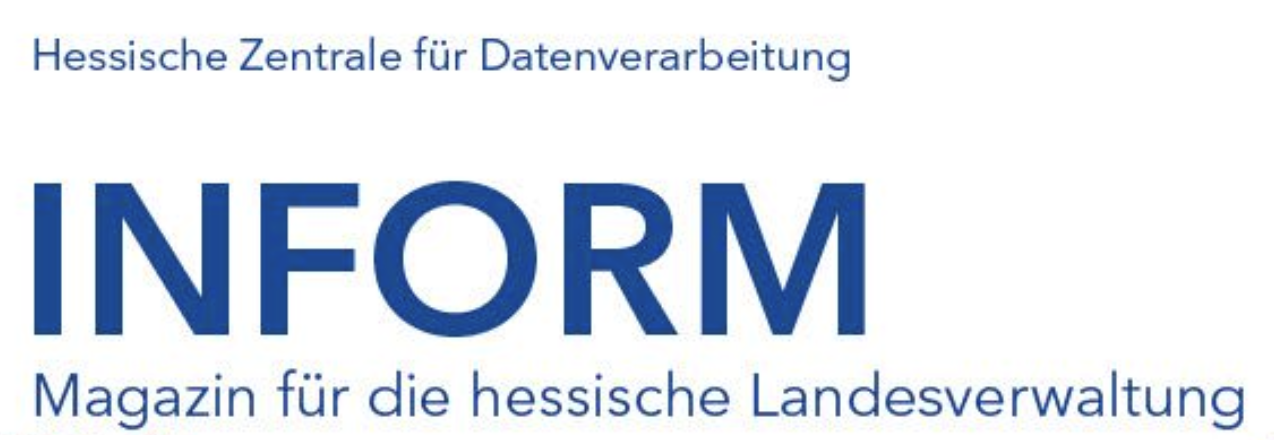
Open by Default
DigitalService GmbH, a wholly owned subsidiary of the federal government, develops solutions for the digitalization of federal administration. Bastian Quilitz joined the government's digitalization partner at the end of 2024 as Chief Technology Officer. In an interview with INFORM, he explains why open source is his team's method of choice and why standardization is the faster path to achieving their goals.
Read full article (in German)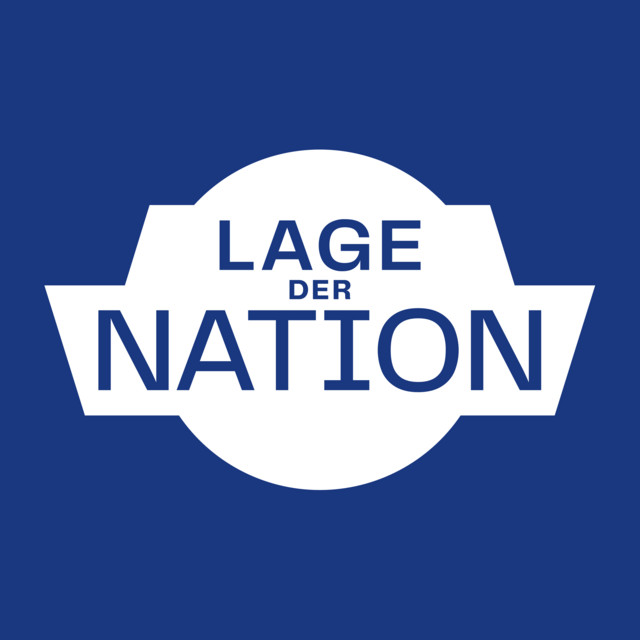
Lage der Nation (State of the Nation)
Once a week on “Lage der Nation”, journalist Philip Banse and lawyer Ulf Buermeyer summarize political events in Germany and around the world that they find interesting and relevant. In this episode, the two hosts speak with DigitalService CEO Christina Lang, among others, about the concrete steps the next German government needs to take to finally make progress on the digitalization of administration.
Read full article (in German)
Digitalization of the Judiciary: New Online Portal for Air Passenger Complaints
Compensation with just a few clicks – that’s what many passengers want when their flight is severely delayed or canceled. The Federal Ministry of Justice has now launched an online portal for air passenger rights. Travelers can use a preliminary check with standardized questions to determine whether they might be entitled to compensation. If eligible, they can then submit their claim digitally.
Read full article (in German)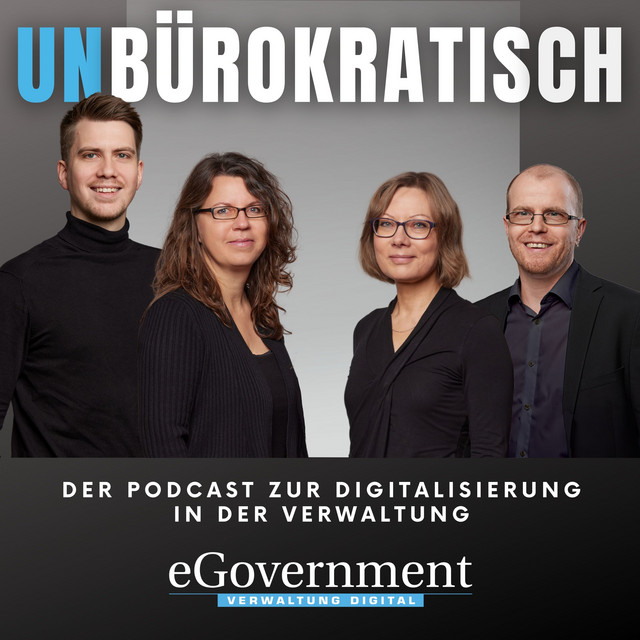
Unbureaucratic #33: The Servicestandard and the money issue
This time, our focus is on the service standard: Martin Jordan (DigitalService) and Ralf Käck (BMI) report on their joint work with over 40 organizations. We also discuss local authorities' demands for funding from the “Special Infrastructure Fund.”
Read full article (in German)
A guide for the new federal government
The general election is over and the coalition formation is in full swing. Especially in geopolitically unstable times like these, topics such as state resilience are of the utmost urgency. For this reason, Initiative D21 has published a new paper in cooperation with DigitalService and the Federal Agency for Breakthrough Innovation (SPRIND) (SPRIND).
Read full article (in German)
Sooner or later: For a digital Germany – a column by Christina Lang
New coalition, new digital policy: the task now is to get a strategy for a digital Germany on track. I hope that we don't fall into typical patterns and get caught up in theoretical constructs, battles over responsibilities and assumptions that are far removed from the reality of the people we work for. [...] So how should we approach complex digitalization projects? Are there other ways out of theory? We show that there are: Yes, there are!
Read full article (in German)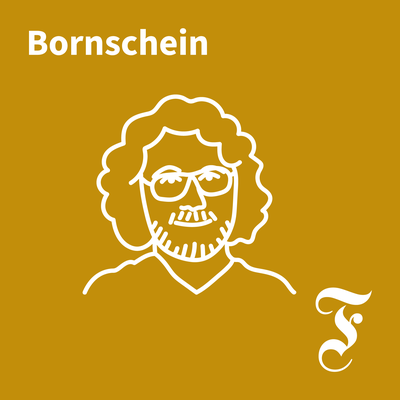
Christoph Bornschein meets Christina Lang: A digital ministry must be able to steer and take action
Christoph Bornschein talks to Christina Lang, CEO of DigitalService GmbH, the federal government's digitalization unit, following the parliamentary elections. This special edition is dedicated to a notoriously under-discussed topic: the possibility and necessity of a modern, digital state. How can a Chancellor Friedrich Merz – or a grand coalition – achieve critical momentum in this area? Bornschein and Lang discuss possible approaches and the scope for action in a field where everyone seems to agree, yet so little progress is made.
Read full article (in German)
Digitalization at the crossroads
The Anglo-Saxon models for digitalization could not look more different. At the same time four weeks ago, the USA and the UK took completely different routes for their administrations. Martin Jordan, Head of Design & User Research at DigitalService, writes about these different approaches and calls for a clear stance for Germany.
Read full article (in German)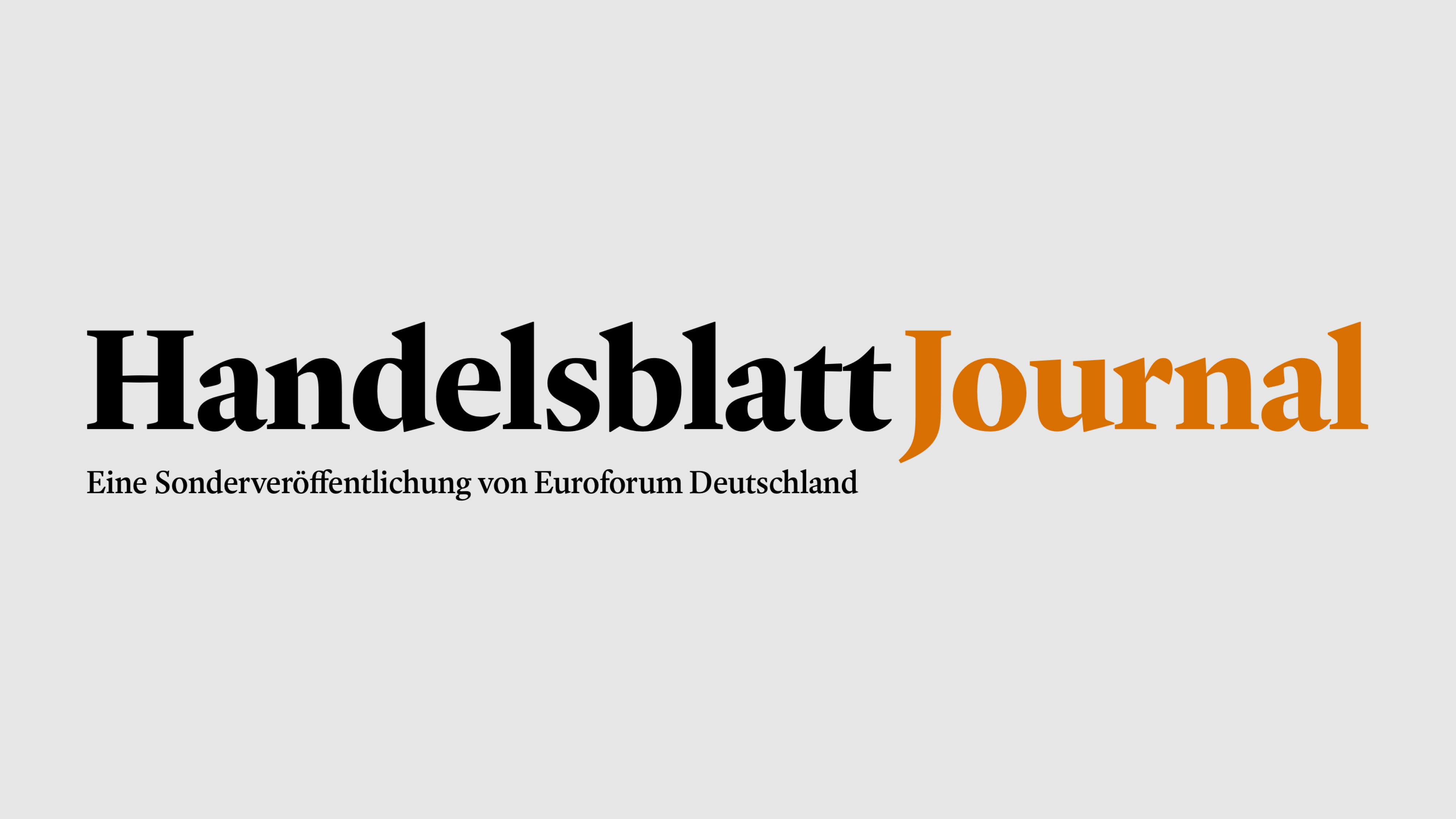
We need the courage to change
The election on February 23 is not just a potential shift in political direction, but also an opportunity to end the digital standstill in German authorities. Many citizens feel as if they are living in two worlds: while almost everything is possible digitally in their private lives, many administrative services remain inaccessible. […] Politicians, citizens, and administrative staff all agree – things can't go on like this. But what needs to happen for the administration to finally catch up with modern life?
Read full article (in German)
“A digital state from within”: DigitalService Demo Day
Under the motto “Digitalization - everyone talks, we do”, DigitalService provided insights into several ongoing projects with a workshop format at “Demo Day 2025”. One highlight was the subsequent panel discussion “Bug fixing or system update? What we need now for a digital Germany”.
Read full article (in German)
Viewpoints: How legislation can become more innovative
The legislative process must be viewed as an innovation process, argues Anna Sinell. She has dedicated her entire professional career to exploring how ideas can move beyond theory to create tangible impacts on society. As a project manager at the Federal DigitalService, she focuses on developing practical legislation that is designed for digital implementation.
Read full article (in German)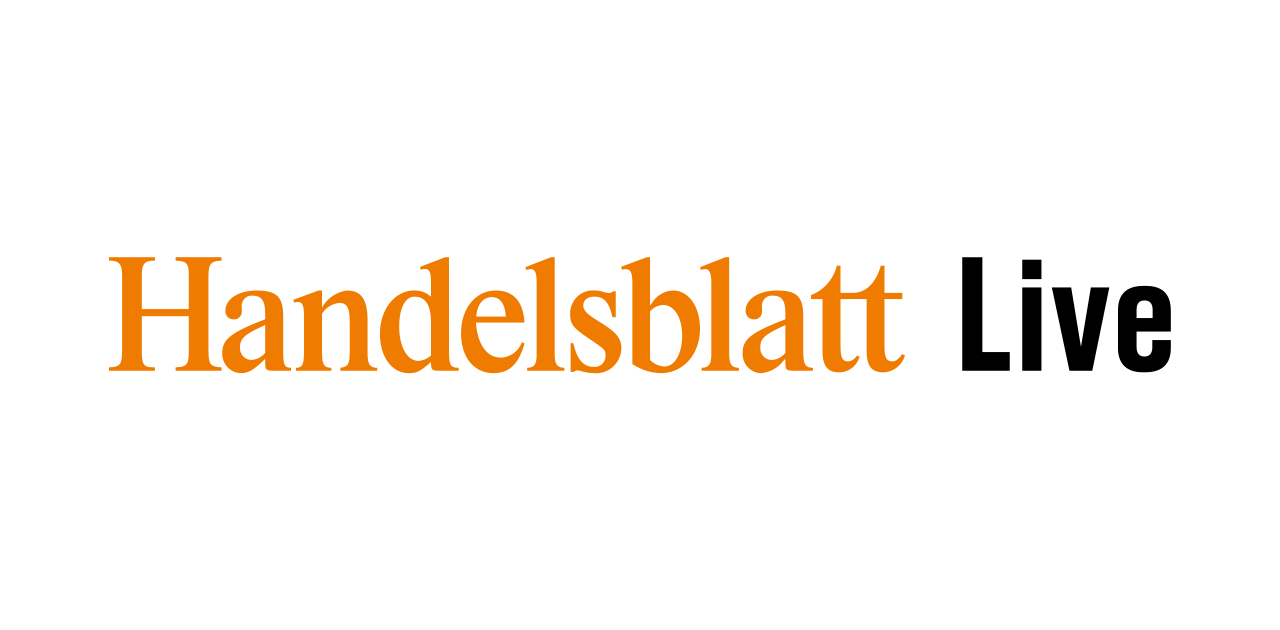
Bringing External Expertise into the Administration – and Creating a Digital Culture
The German administration wants – and needs – to become more digital. This is not just a declared goal in political election programs, but a necessity for maintaining a functioning state infrastructure. Fortunately, projects aimed at digital administrative structures are gaining importance. However, what is often forgotten is that new apps, programs, data centers, software, or hardware alone will not make a state digital.
Read full article (in German)
Design Perspectives Podcast: Martin Jordan – Service Design in public administration
Martin Jordan, Head of Design & User Research at Digital Service, is a guest on the Design Perspectives podcast. In a conversation about the transformative role of service design in public administration, he provides insights into the digitalization of public services in Germany and compares them with his experiences in the UK. The focus is on user-centered design, interdisciplinary collaboration and cultural change to gradually improve administrative culture and citizen-friendliness.

Sooner or later: For a digital Germany – a column by Christina Lang
A Digital Agency for Germany. New year, new election, new digital debates: The election manifestos of all major parties naturally focus on digitalization to varying degrees. […] However, the manifestos rarely go beyond calling for a “real” digital ministry. […] In my view, a strong digital agency, centrally tasked with implementation management and equipped with the necessary authority to act, is more crucial than a digital ministry.
Read full article (in German)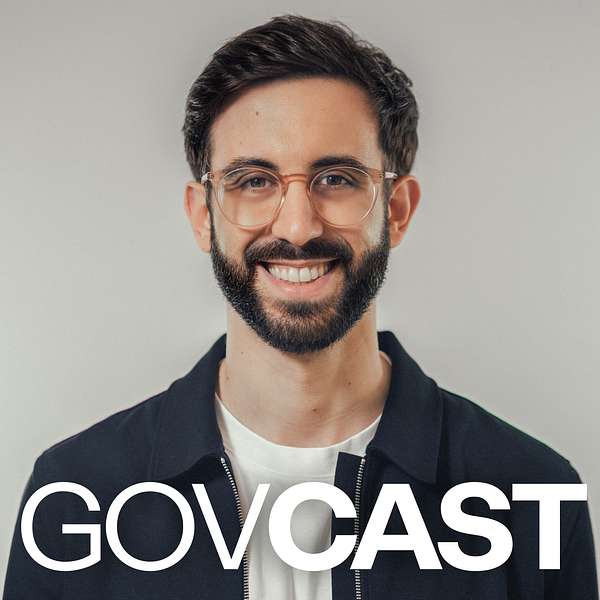
GovCast Podcast: Christina Lang – on the digital transformation of public administration
Christina Lang, CEO of DigitalService, is a guest on the GovCast. She talks about the digital transformation of public administration and discusses the challenges of government software development, the implementation of the Online Access Act (OZG) and the role of innovation units. Christina also talks about her path into the public sector and describes her vision of an efficient and future-oriented administration.
Read full article (in German)
ZeVeDi Podcast: Digital talk with Stephanie Kaiser
The digitalization of government and administration is set to progress rapidly – and high demands are being placed on digital solutions for fulfilling public tasks. Stephanie Kaiser is the Chief Product Officer of DigitalService. In this podcast, the expert in software development and IT projects describes the tasks of this unusual position, how it works and what innovations are created in the process.
Read full article (in German)
Sooner or later: For a digital Germany – a column by Christina Lang
Good digitalization rebuilds trust. The past few months have given me much to reflect on: it's frustrating to see important future-oriented projects – like digitalization – silently cut due to austerity measures, while administrative modernization continues to be sidelined. […] What concerns me even more is that the latest election results have done so little to shift our perspective on how crucial a well-functioning state is for maintaining trust in democracy.
Read full article (in German)
Viewpoints: How to (not) procure modern software
The administration is focused on security, including in the procurement of digital solutions and cooperation with service providers. However, this way of thinking prevents modern, state-of-the-art applications, says Anja Theurer, CFO of the Federal Digital Service. Why, in order to do things better in the future, we need to say goodbye to a popular contractual basis.
Read full article (in German)
Apply now for Fellowships 2025
The Work4Germany Fellowships 2025 are starting earlier than usual: in April. Teams from federal administrations and authorities have until October 25 to apply for expert support for their projects.
Read full article (in German)
DigitalService: Fellowships 2024 started
New ways of working in the federal administration: the “Work4Germany 2024” fellowship program has started. In 14 projects, teams from the ministries and authorities are working together with fellows – experts from the private sector – to promote digital change in the administration.
Read full article (in German)
Sooner or later: For a digital Germany – a column by Christina Lang
Service Standard 2.0: understandable, practical and effective, please. A year ago, I asked you here: “Do you know the Service Standard?” The answer was that the guidelines, which aim to improve the quality and transparency of the Confederation's digital services for citizens, businesses and public authorities, are still largely unknown. This was confirmed by the feedback to the column at the time. Few people knew the standard and practically no one actively used it.
Read full article (in German)
Servicestandard is being revised
In cooperation with the DigitalService, the Federal Ministry of the Interior and Community will work on further developing the existing Servicestandard by the end of the year. The aim is to define a binding minimum level for the quality of OZG online services and other government online offerings.
Read full article (in German)
In depth: The long road to digital-ready law
If political goals cannot be translated into digital processes, it costs a lot of time and money – for citizens, companies, and the administration. The requirements for laws have changed significantly as a result of digitalization. However, they are still written in the same way as they were decades ago, “both in terms of skills and methodological approaches”, said Stephanie Kaiser, Chief Product Officer at Digitalservice des Bundes, a state-owned limited company within the remit of the Federal Ministry of the Interior (BMI).
Read full article (in German)
Sooner or later: For a digital Germany – a column by Christina Lang
What can Germany learn from other countries? While countries such as Estonia, the UK, Singapore, and the USA have made impressive progress in the digitalization of their administration, we are faltering in many areas. When people look abroad, they often say, “But we're different. That wouldn't work for us.” I see it differently. […] When examining digitalization in other countries, we need to consider which models and approaches should primarily serve as inspiration and what could be successfully transferred to the German administration and our current challenges.
Read full article (in German)
Innovation system Germany: an acatech study – How public administration can become more efficient
An inefficient public administration not only disappoints citizens, but also hinders the implementation of innovations. In a recent study, acatech examines the status quo and presents various options for action.
Read full article (in German)
Female TechTalk
In the 50th edition of the “Female TechTalk” podcast, software engineer Hanna Prinz is our guest. She works at DigitalService on the transformation of public administration through digital solutions. She provides insights into her exciting day-to-day work, in which she develops citizen-oriented services in interdisciplinary teams.
Read full article (in German)
In depth: “Germany's innovation system” in danger
If you want to modernize the administration, you have to take a holistic approach – from personnel to structures to technical equipment. Otherwise, it will never work: employees are socialized into structures that shape a work culture, which in turn reinforces structures. At the same time, technology can only be used sensibly if structures and processes allow it.
Read full article (in German)
Germany’s DigitalService is helping the German government catch up with digital-ready legislation
Though Germany lags on digital government, Stephanie Kaiser, Chief Product Officer, shares how Germany’s DigitalService is supporting government reform with digital-ready legislation, user-centred software development and ushering in new ways of working.
Read full article (in German)
Sooner or later: For a digital Germany – a column by Christina Lang
Cloud: the foundation for user-centered development. When I store, organize and use my data digitally in my private life, I do it via a cloud. The advantages? I don't need to free up storage space for my vacation pictures on my computer. I can access important documents securely from anywhere. And – and this is the most pleasant point for me – I don't have to worry about program updates or protecting the data stored there myself. Using a cloud makes my (digital) life easier.
Read full article (in German)
Digital? Check!
After a year of use, the Federal Ministry of the Interior and Community (BMI), the federal DigitalService and the National Regulatory Control Council (NKR) have given a positive assessment of the Digitalcheck. It was developed to check the digital feasibility of proposed legislation and makes it possible to avoid obstacles to digitalization from the outset.
Read full article (in German)
Sooner or later: For a digital Germany – a column by Christina Lang
Instead of domain bloomers, we need a digital umbrella brand for Germany! Are you familiar with the websites arbeit-sicher-und-gesund.de, einmalzahlung200.de, or amla-frankfurt.eu? Never heard of it? Behind all these websites are official offers from the public sector. However, this cannot be recognized, let alone verified, via the domains.
Read full article (in German)
#5 Stephanie Kaiser – For a digital Germany
In episode 5, Olli and Martin delve into the world of digital administration with Stephanie Kaiser, Chief Product Officer of the Federal DigitalService. As a pioneer in the field of digital transformation, Stephanie not only shares her vision of a digital future for Germany's administration, but also concrete insights into her work.
Read full article (in German)
It’s a match!
Administration meets the private sector – these are the central components of the “Work4Germany” fellowship, which the DigitalService Bund runs every year. In this interview, Program Manager Christian Müller explains the special features of the collaboration between civil servants and transformation experts – and why “courage” plays a central role.
Read full article (in German)
Fellowships in the ministries – out of the comfort zone
Courage and a willingness to change are required when teams from ministries and external fellows tackle digitalization together – but it's worth it.
Read full article (in German)
Sooner or later: For a digital Germany – a column by Christina Lang
Do you feel the same way? Over the holidays, with family and friends, I once again realized how important and beautiful community is. How much better things can be – despite often different perspectives. Fortunately, we are not on our own in our efforts to create a digital state. […] The power of this collaborative work can be observed particularly in so-called “Communities of Practice”.
Read full article (in German)
Digitally compatible legislation - one year of Digitalcheck
The digital check was introduced at the start of 2023. Ernst Bürger, Head of the “Digital Administration; OZG Control” department at the Federal Ministry of the Interior and Home Affairs, and Stephanie Kaiser, Chief Product Officer of the Federal Digital Service, take stock in an interview.
Read full article (in German)
Sooner or later: For a digital Germany – a column by Christina Lang
Digital state in 40 years? Wait a minute! 40 years: That's how long it would take for everyone in Germany to use online government services – if things continue as they are now. This is the result of the new eGovernment Monitor. The study has been published since 2010 and provides a year-by-year picture of the digitization of German administration.
Read full article (in German)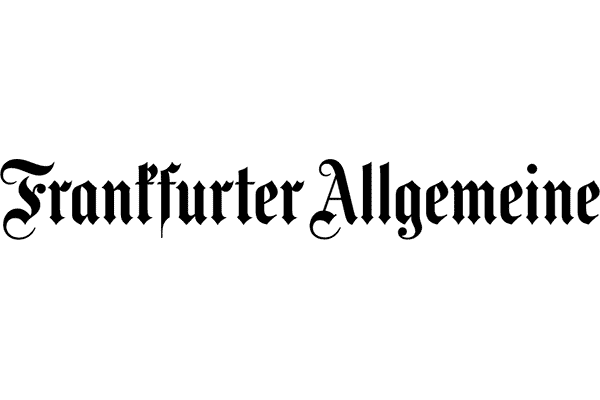
Digitalization of administration: "Pensioners can complete their tax return in thirty minutes"
DigitalService CEO Christina Lang on digital solutions for an age-old state apparatus and cooperation between start-ups and ministries.
Read full article (in German)
Sooner or later: For a digital Germany – a column by Christina Lang
Do you know the Servicestandard? The British administration is regarded globally as a role model when it comes to good, citizen-oriented digitalization. But why is that? […] A key factor for success was a binding Servicestandard that verifiably defines what “good” digital services are. To integrate services into the central government website gov.uk, all 14 standard points must be met. […] And where do we stand? Experts and the public criticize the lack of user-centeredness in administrative digitalization.
Read full article (in German)
Modern administration – A new “Digitalcheck” by the government is intended to ensure better laws
Why isn't the digitalization of administrative offices and authorities working? A lack of technology and money is one problem – analog thinking on the part of lawmakers is another. The German government now wants to change that.
Read full article (in German)
Sooner or later: For a digital Germany – a column by Christina Lang
Public Money? Public Code! The approach sounds logical: the source code of software financed with public money should be publicly accessible and reusable. This strengthens trust in the state's digital offerings – and pays off for the administration. Nevertheless, the federal republic still lags far behind this ideal. In the OZG context, only isolated solutions have been developed openly, and even fewer are built on existing code. That's why I'd like to take this opportunity to make a plea for “Public Money, Public Code”!
Read full article (in German)
Sooner or later: For a digital Germany – a column by Christina Lang
“Job with purpose” is not enough. The forecast is bleak: by 2030, there could be a shortage of up to one million skilled workers in the German administration. Almost everyone knows and worries about the high wave of retirements that we are facing. Currently, there are only around two employees under the age of 25 for every ten employees over the age of 55. In order for the state to be able to continue to fulfill its tasks – and this would be jeopardized by such understaffing – the “administration as an employer” urgently needs to become more attractive.
Read full article (in German)Not over
Constructive criticism – The National Regulatory Control Council doesn't just want to complain, but also provide constructive suggestions on how to do things better, according to Chairman Lutz Goebel. In an interview, he talks about the role of the NKR, the Digitalcheck and processes.
Read full article (in German)
Sooner or later: For a digital Germany – a column by Christina Lang
Agile work must be put into practice! In the coalition agreement, the government finds clear words: The administration is to become more agile and digital. It must focus on interdisciplinary and creative problem-solving. Unfortunately, this is easier said than done in practice. Anyone who wants to use agile working methods in administration encounters immense challenges. […] So how can we manage the balancing act between genuinely agile working – and that requires nothing less than an entirely new working culture! – and the security and stability that is still expected of the administration system?
Read full article (in German)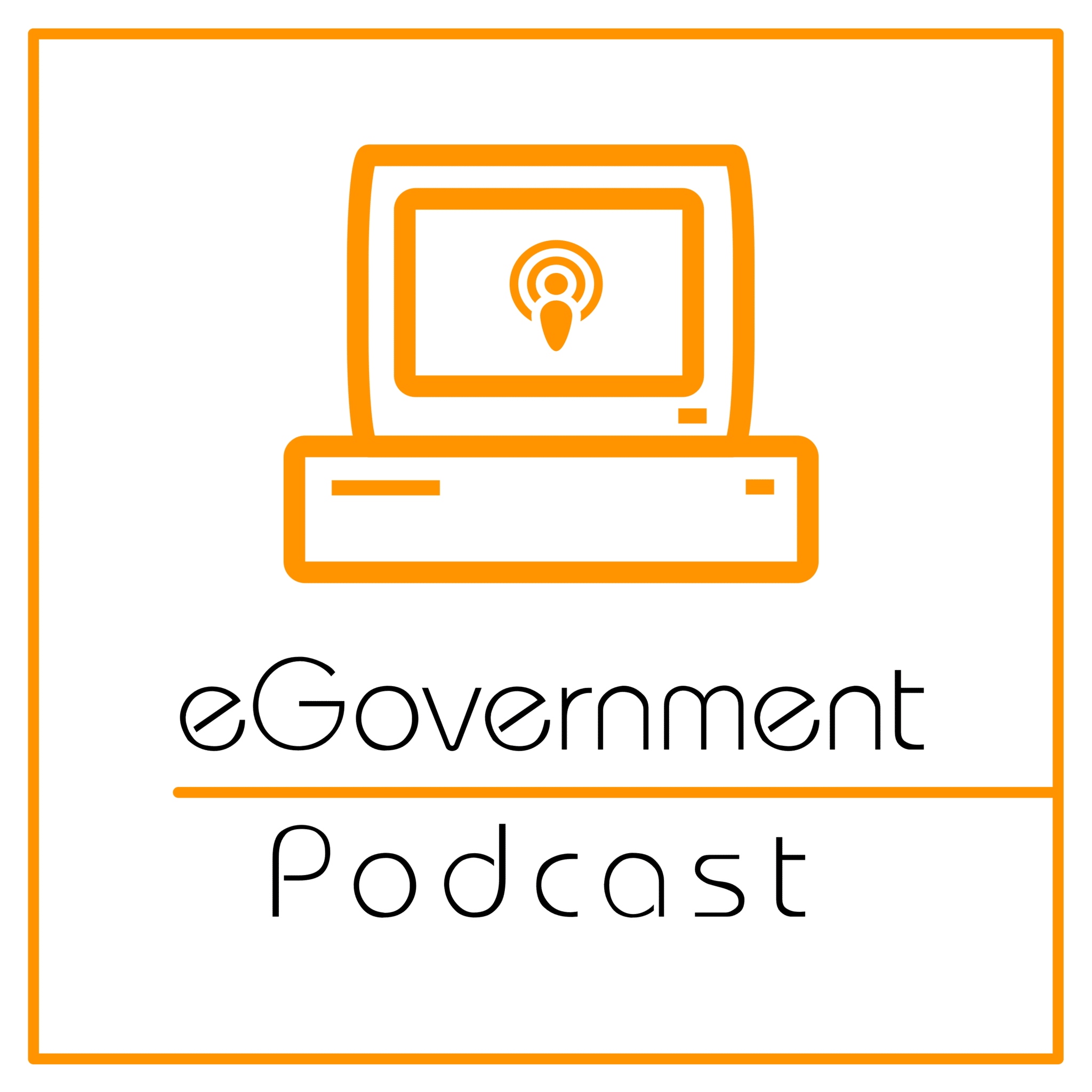
DigitalService des Bundes – eGovernment Podcast
In the current broadcast, we take a closer look at the DigitalService of the Federal Government. What makes the organization tick? What is its role? How exactly – and what – does the federal government's central digitization unit work on?
Read full article (in German)
Sooner or later: For a digital Germany – a column by Christina Lang
Digital Check? Digital by Design! Almost all of us are familiar with this: in our private lives, many things now run digitally as a matter of course. […] But what happens when we interact with our state? When we want to claim a service to which we are entitled? Then things quickly get complicated. […] But why do we find it so difficult to simply digitalize administrative services? The mistake usually lies at the very beginning: in the legislative process.
Read full article (in German)
Agile working methods for a modern administration
DigitalService stands for agility, user-centeredness and interdisciplinarity. The current projects of the young organization show how the digitalization and software development unit of the Federal Government promotes and demands a modern administration.
Read full article (in German)
Sooner or later: For a digital Germany – a column by Christina Lang
Never change a running system? […] The opportunities in the digital space are increasing at an ever faster pace, and the habits and wishes of citizens are changing along with them. If you want to be and remain effective, you have to keep up with these changes. At DigitalService, we keep asking ourselves the question: How do we as an organization manage to initiate the necessary changes, accompany them and, in the end, make them permanent? And how do we manage to remain adaptable and open to change in our work?
Read full article (in German)
Die Digitalisierungseinheit des Bundes
Christina Lang from DigitalService on the biggest successes, the most insightful failures and her plans for 2023.
Read full article (in German)
The property tax return project
Numerous documents and a great deal of respect for the subject of taxes: the property tax return is a challenge for most property owners. To make processing easier, DigitalService has developed a simplified online application. Katja Anokhina describes the wide-ranging project.
Read full article (in German)
Sooner or later: For a digital Germany – a column by Christina Lang
Dare transparency, create trust. Citizens’ trust in our state has fallen again, to a historic low in late summer of this year. […] But how can this image be changed? The Federal Government has already named an important lever. “Through more transparency” it wants to “strengthen our democracy”. […] At DigitalService, we already actively practice transparency. […] We make our decision-making just as comprehensible as the motivations for our actions, and advocate free access to resources and knowledge. We call this principle “working in the open”.
Read full article (in German)
Germany's Top 40 under 40
Germany needs bright minds to navigate the country through the crises of these times and shape the future with confidence. Here are the “Top 40 under 40” whom Capital believes will do just that. Christina Lang, CEO and co-founder of the German government's DigitalService GmbH des Bundes, is one of the outstanding talents in political parties and government agencies in the category “Politics”.
Read full article (in German)
Sooner or later: For a digital Germany – a column by Christina Lang
Without mistakes, there is no learning curve for our state. To err is human. A saying we all know. Mistakes are part of our lives. And yet, the term still has a very negative connotation. […] Mistakes, course corrections or even failure are hardly forgiven in the public perception, especially in politics. […] But anyone who shies away from making mistakes, admitting them and talking about them – for fear of negative consequences, for example – runs the risk of missing out on important insights and learning potential.
Read full article (in German)
Sooner or later: For a digital Germany – a column by Christina Lang
Let the data do the talking! Data as a source of information and a resource has been steadily gaining in importance for years – also in politics and administration. Data rooms are being created, data labs are being set up and chief data scientists are being hired. The German government is holding its next digital summit under the motto of the data economy. But what does data-driven, evidence-based action look like in administrative practice? How can we harness data for administrative digitization?
Read full article (in German)
Sooner or later: For a digital Germany – a column by Christina Lang
Getting there faster in small steps. The property tax reform is one of the biggest reforms of financial and tax administration in post-war history. The effort involved is enormous. […] This explains the efforts of the Federal Ministry of Finance to use a simple digital solution to facilitate the submission of property tax returns wherever possible and to reduce the associated hurdles. However, there was not much time to realize this idea.
Read full article (in German)
Also for Elster users: simplified reporting portal for property tax
A simplified reporting portal for property tax data is now available. This has been developed in cooperation with citizens. ELSTER users can also use it.
Read full article (in German)
Sooner or later: For a digital Germany – a column by Christina Lang
Untying the digitalization knot in an interdisciplinary way. The new coalition agreement prominently states what administrative employees in the states and municipalities also experience daily: “People expect the state to provide easy-to-use and up-to-date digital services that are user-oriented, free of media discontinuity and comprehensive.” But what sounds so clear and obvious as a goal poses major challenges: Processes and responsibilities in the background are often complex and distributed, coordination paths are long, and public structures are designed to provide services in analog form.
Read full article (in German)
Additional portal for property tax returns
On the page “Grundsteuererklaerung-fuer-privateigentum.de”, private owners in the eleven federal states that currently participate in the federal model can submit their property tax return. The exact listing of the federal states can be found on the home page. If owners are unsure whether they can use the portal, they can click through a short questionnaire on the website.
Read full article (in German)
Service: The new property tax
Under the Property Tax Reform Act, all property owners are required to file a “Declaration for Determination of Property Tax Value” (Grundsteuererklärung) in 2022. […] In some federal states, the declaration for an undeveloped plot of land, a one- or two-family house or a condominium can also be made via this website of the Federal Ministry of Finance: https://www.grundsteuererklaerung-fuer-privateigentum.de [Article no longer available online.]

Sooner or later: For a digital Germany – a column by Christina Lang
First the problem, then the solution! “Talking about problems creates problems, talking about solutions creates solutions,” said psychotherapist and author Steve de Shazer. From an early age, we learn to think in terms of solutions. […] But if the problem doesn't just affect us, how can we be sure that the solution created in our head, of all things, will actually solve the underlying problem for everyone affected? The simple answer: we can't. This is especially true for our state. The problems that need to be solved by politicians and administrators are complex and often complicated. At the same time, the public typically expects quick – reassuring – answers.
Read full article (in German)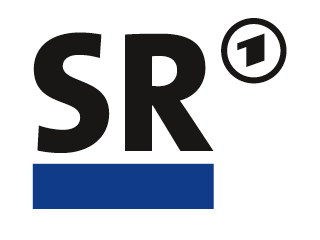
Online pilot to simplify property tax declaration
To simplify the submission of the “property tax return for private property” and to support landowners in doing so, the Federal Ministry of Finance has had a online platform developed. It was launched on Monday. Because the Saarland is one of eleven federal states that follow the federal model for property tax, affected owners can use the so-called property tax pilot. [Article no longer available online.]

Sooner or later: For a digital Germany – a column by Christina Lang
Citizen-centered? Citizen-centered! Everyone is talking about user-centeredness or, better, citizen-centeredness. Without citizen-centeredness, there can be no modern, digital administration. And without a digital administration, there can be no modern, digital Germany. The new coalition agreement clearly calls for this. But what is behind the buzzword that has been called for years in papers, on panels and in workshops?
Read full article (in German)
Digitalization meets administration
Germany lags far behind in an international comparison when it comes to administrative digitalization. To change this, the federal government bought the start-up DigitalService in October 2020. A unique path so far – also internationally. We will be accompanying this exciting journey for the next six months starting in May 2022.
Read full article (in German)
Official help
In the administration, people still fax, type, and staple. Christina Lang wants to change that. With her company, she digitalizes ministries. For that to succeed, the new “traffic light” coalition must offer more than new billions.
Read full article (in German)
Can the state do citizen-centered digitalization?
Imagine if renewing your driver's license were as easy as placing an order online. You know exactly which website to use for the service, type in a search term and find what you're looking for – the option to renew your driver's license.
Read full article (in German)
Transforming administration with joy
Administration doesn't like change, and certainly not when someone brings it to it from the outside! Really? At Tech4Germany, the fellowship program of DigitalService4Germany, administration is matched with talent from the private sector. Co-Founder Sonja Anton describes the superpower of joy, how to create and sustain it in a project when cultures collide. In addition to humility and modesty about the task at hand, it is above all the servant mindset that lays the breeding ground for joy in change. And this mindset is something that everyone at DigitalService4Germany must bring to the table – fellows, partners from the ministries, and employees. You can find a great interview by Sonja Anton about Tech4Germany here.
Read full article (in German)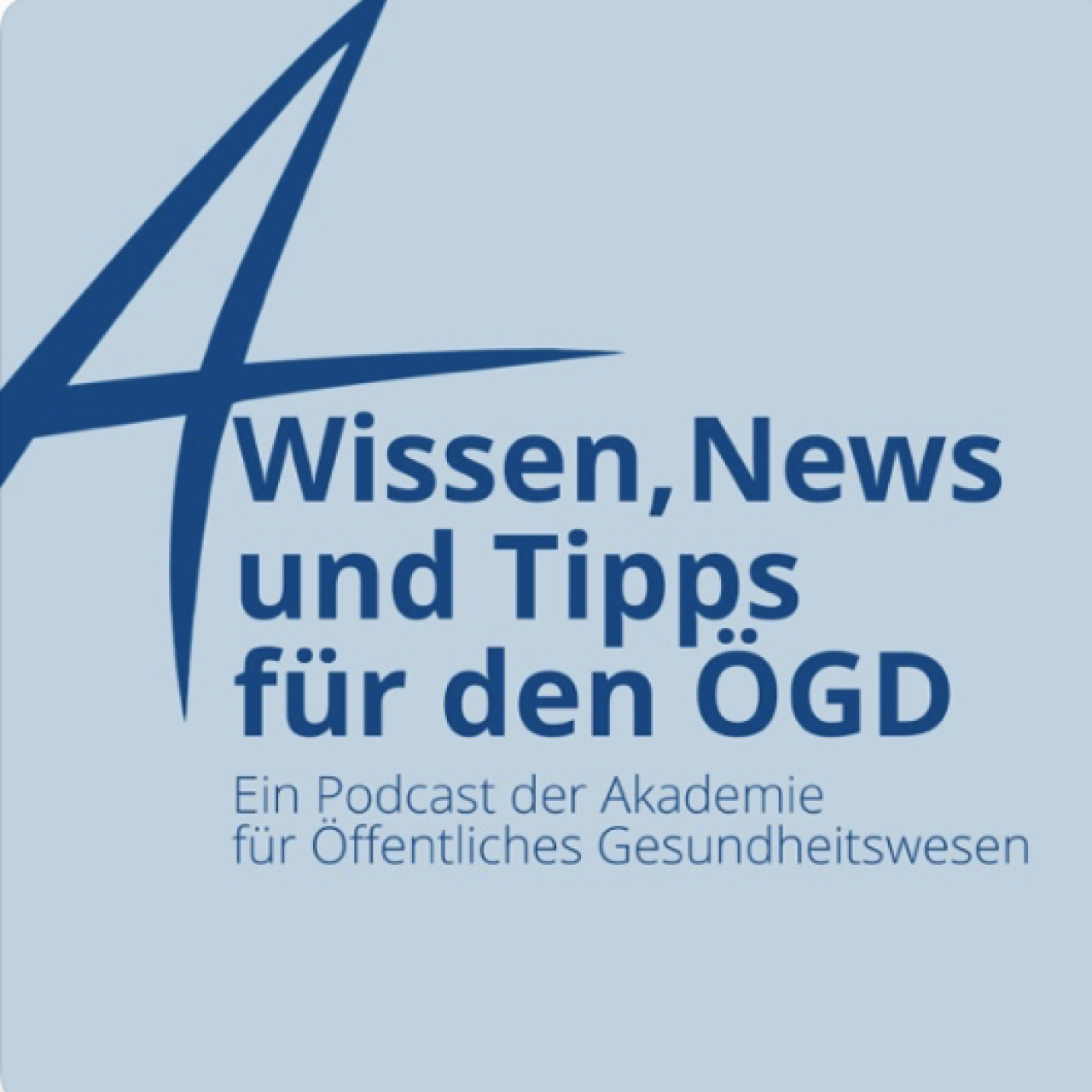
Carolin Bednarz & Ernesto Rodriguez | Agora – the Collaboration Platform for the Public Health Service
Communication between public health workers gets a new home: the collaboration platform Agora makes it possible to better share, collaborate and process knowledge together across the entire ÖGD. Carolin Bednarz and Ernesto Rodriguez from DigitalService4Germany have closely aligned Agora with the needs of the ÖGD; they had conducted over 70 interviews at the end of 2020 for this reason. In an interview with Dr. Emanuel Wiggerich and Detlef Cwojdzinski, they report on which functional requirements Agora covers and how the platform will be further developed.
Read full article (in German)
A startup from the state – can it work?
Christina Lang has traded in her career as a management consultant for a new challenge: She heads DigitalService4Germany GmbH, an organization that takes care of digital solutions for the state. The GmbH was spun off last year and is wholly owned by the German government – a state-owned startup, so to speak.
Read full article (in German)
Developing for the state
With the “Digital Service,” the Chancellor's Office now has an in-house software forge. Expectations are high.
Read full article (in German)Contact

Nils Diezemann
Head of Communications
nils.diezemann@digitalservice.bund.de
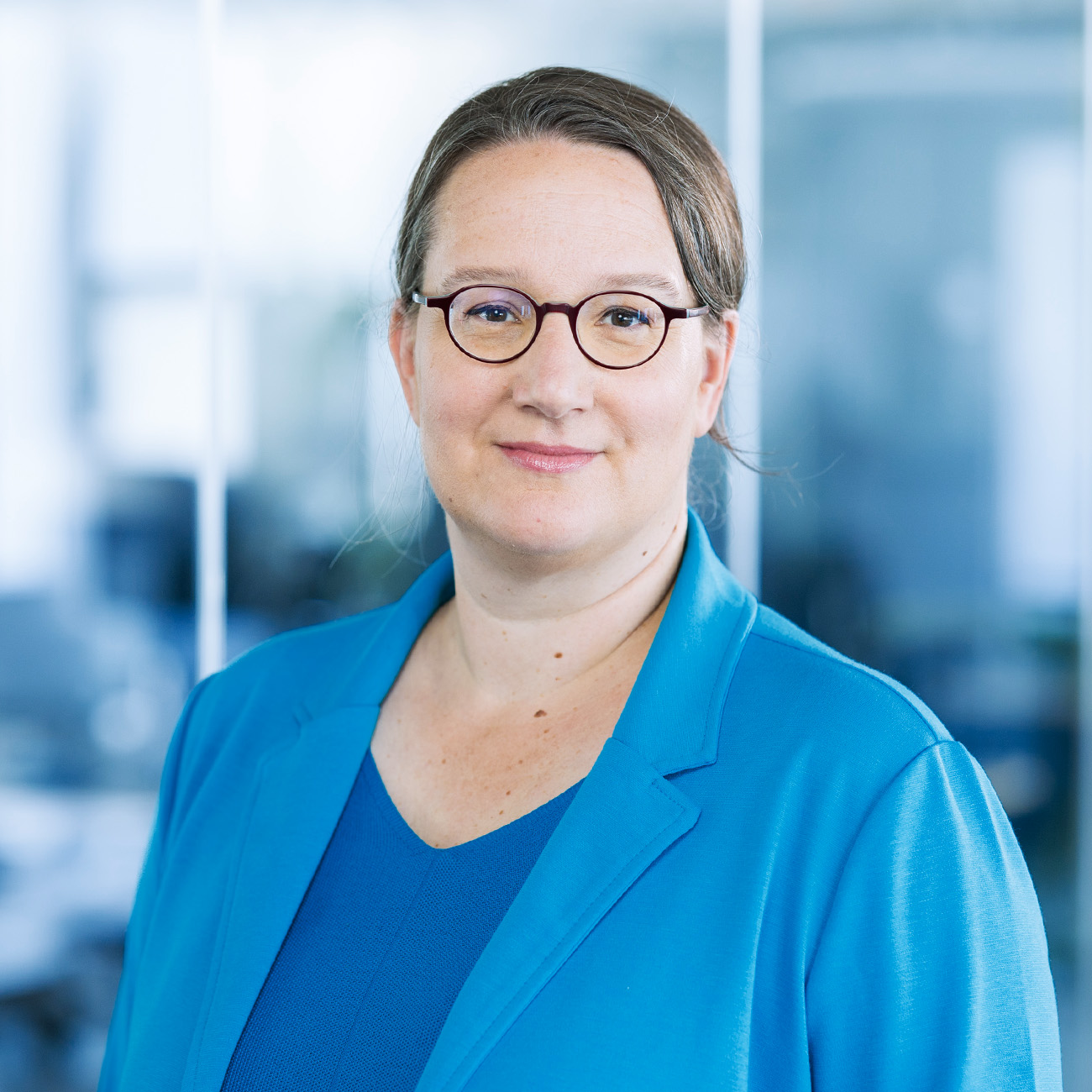
Julia Müller
Servicestandard, Digitale Dachmarke (Unified Digital Branding)
+49 171 8670959
julia.mueller@digitalservice.bund.de
Mon + Wed: 9 am to 5:30 pm
Tue + Thu – Fri: 9 am to 3:30 pm

Stefanie Schwerdtfeger
Access to Justice, NeuRIS
+49 170 6590272
stefanie.schwerdtfeger@digitalservice.bund.de

Max Gärtner
Fellowship programs
max.gaertner@digitalservice.bund.de

Michelle Martin
Digitalcheck
+49 160 5973915
michelle.martin@digitalservice.bund.de

Phoebe Köster
Communications Managerin
phoebe.koester@digitalservice.bund.de

